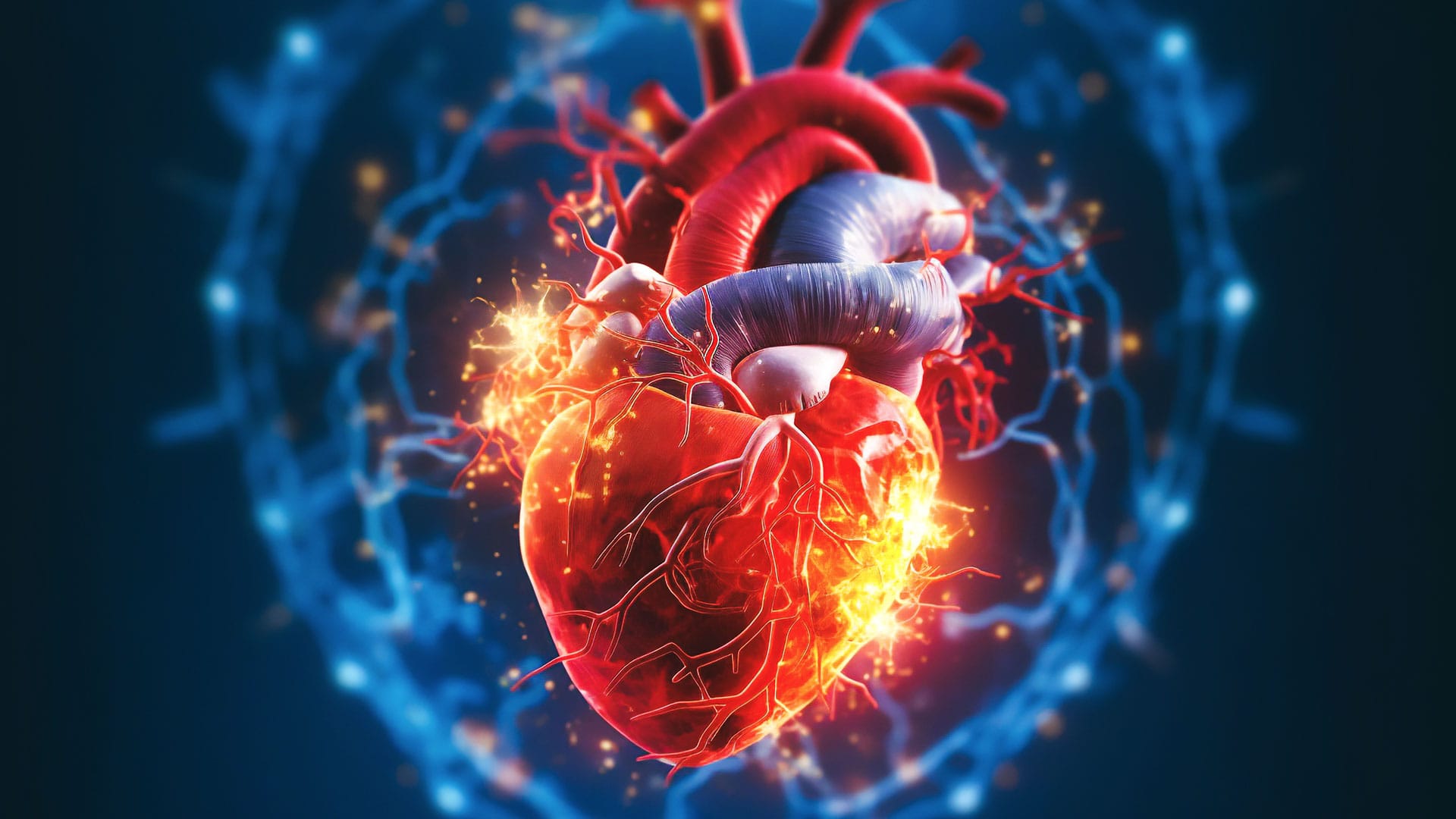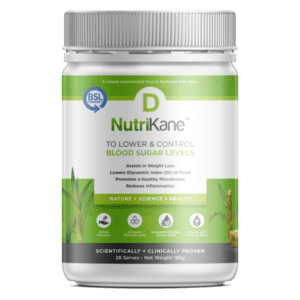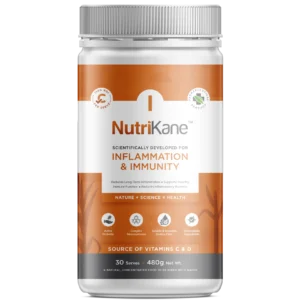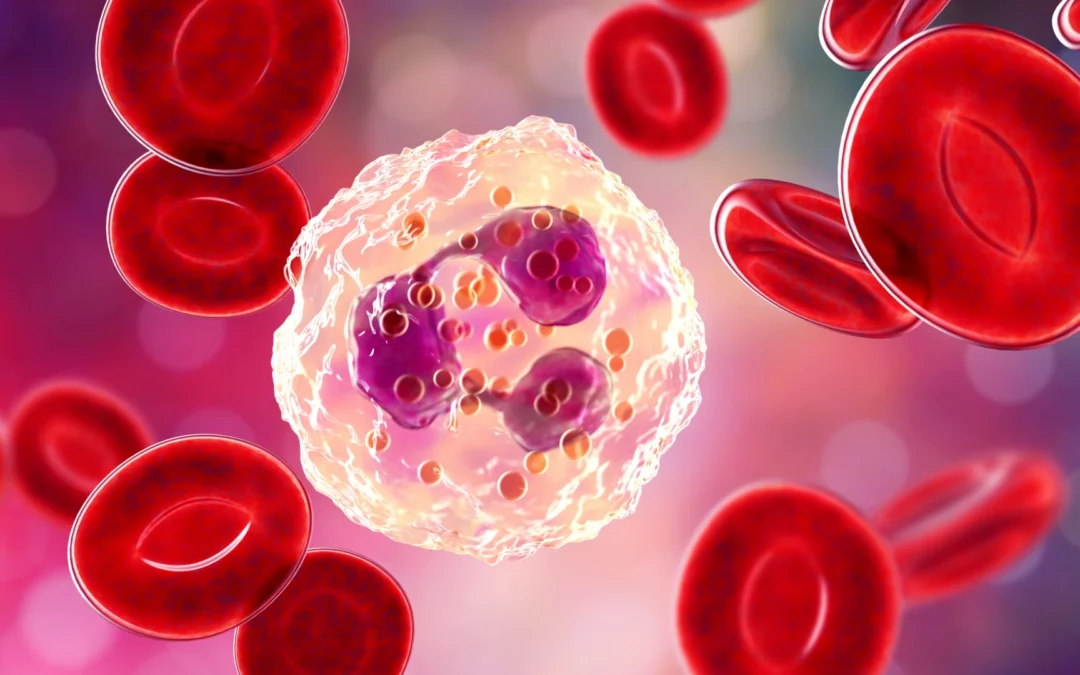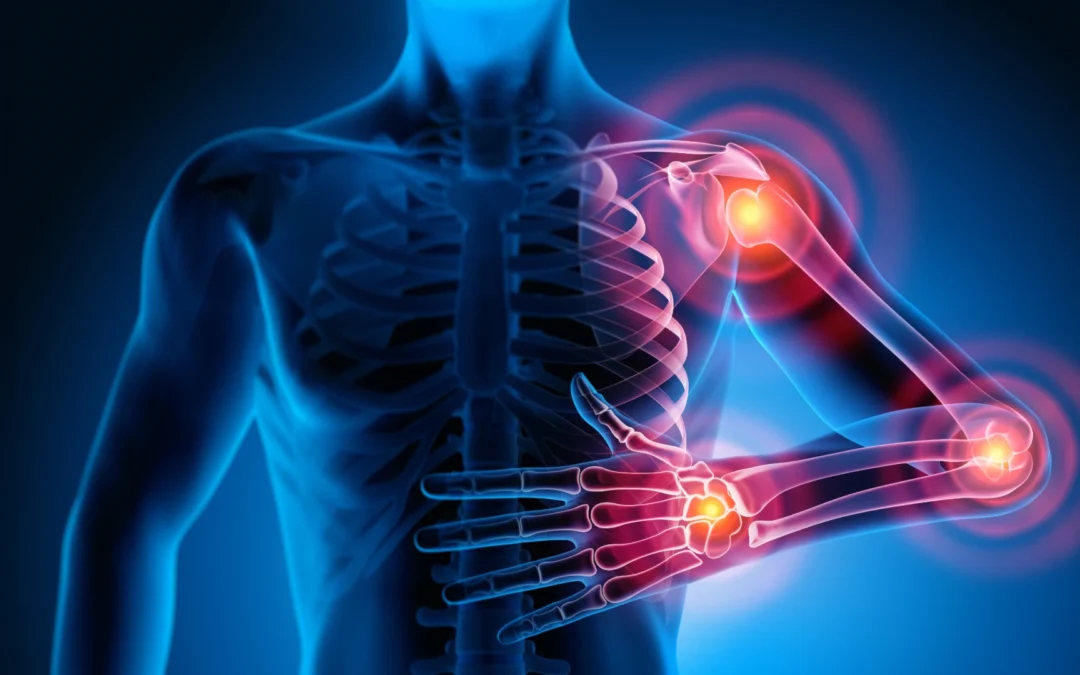An Australian suffers from a stroke every 19 minutes. It’s one of Australia’s biggest killers and can leave survivors with a range of sensory and physical health concerns. Depending on the type of stroke, lasting symptoms from both ischemic (clot) and haemorrhagic (brain bleed), can include paralysis, memory and speech problems and mood changes.
Some stroke risk factors can’t be controlled – such as age, family history and previous attacks. But some can be removed or reduced with the right lifestyle adaptations. Smoking, obesity, excessive alcohol consumption and stress all make someone more likely to suffer a stroke.
Diabetes is also a manageable risk factor for stroke. Left untreated, it damages and restricts blood vessels, impacts the heart and disrupts cholesterol and blood pressure regulation. If you’re diabetic and want to reduce your stroke risk, there are steps you can take.
1. Maintain healthy blood sugar levels
The best way to keep your blood sugar levels healthy is by eating a balanced diet that includes complex carbohydrates. Simple carbohydrates (like white bread and pasta) spike your blood sugar and leave excess fat deposited in your veins.
Restricted blood flow from clots and blocked arteries is a common cause of stroke, but your risk can be managed with a proper diet and a healthy lifestyle.
2. Regulate your blood pressure
Lowering your blood pressure by just 10 mmHg can reduce your stroke risk by up to 25%. To reduce high blood pressure, try to remove stressors from your life – or find a healthy way to deal with them.
Sometimes medication is necessary. But, often, small lifestyle changes make a big difference. Reducing your salt intake, drinking less alcohol and getting more exercise all help to maintain healthy blood pressure.
3. Eat healthy foods
As well as complex carbohydrates and less salt, foods with other health benefits can help manage your stroke risk. Everyone should follow this advice, but people with diabetes are particularly susceptible to the negative health implications of an unhealthy diet.
Foods containing antioxidants, minerals, fibre and protein should be prioritised. For guidance on maintaining a heart-healthy diet, the Stroke Foundation has an excellent resource page.
4. Exercise regularly
Regular exercise improves insulin sensitivity; builds and maintains muscle mass; helps mental health; controls weight management; and enhances blood flow and heart function.
A combination of cardiovascular exercise and strength training is ideal for keeping your body working properly for as long as possible. Anyone with diabetes can reduce their risk of a stroke by maintaining good overall health in these areas.
5. Quit smoking
Of all the unhealthy lifestyle choices, smoking is one of the worst. It doubles your risk of suffering a stroke by damaging blood vessels and restricting oxygen and blood flow, so people with diabetes should be particularly motivated to stop.
The Australian Cancer Council has resources for anyone wanting to quit smoking. You can also call Quitline on 13 7848.
6. Enhance your diet
Sometimes, a healthy diet is difficult to maintain. Even if you eat extremely healthily, the foods you need to manage your diabetes and stroke risk might not be available. If that’s the case, you might want to supplement your diet with natural micronutrients.
NutriKane D: Natural Blood Sugar Management
Over the last ten years NutriKane™ D has been scientifically developed and independently tested in Australian hospitals to help people manage healthy blood sugar levels. It works by directly supplying the gut with essential nutrition ( often lacking in our modern diet ) as well as feeding the positive bacteria in the gut. It contains all types of fibres, resistant starch and a wide range of essential micronutrients shown to reduce systemic inflammation and control blood sugar levels. It’s considered a Food–as-Medicine product and designed to be incorporated into a daily routine.
Along with a few healthy lifestyle changes, NutriKane™ D can help control the risk factors that make stroke more likely to affect people generally, and especially with diabetes.
If you found this information useful, please share it with your loved ones or anyone who you think may find it useful knowledge, to help prevent strokes from occurring and to aid in the recovery process for those who have experienced a stroke.
National Stroke Week 2023 encourages the community to fight stroke together so that you or your loved ones can continue to enjoy life during and after recovery.
To find food-as-medicine preventions for other conditions, visit the NutriKane shop.
